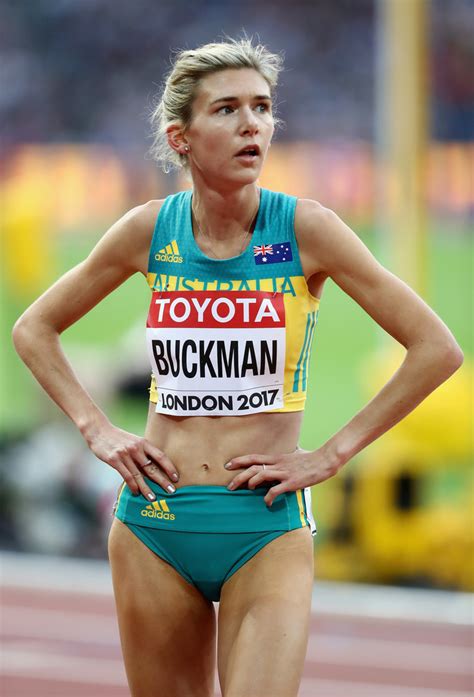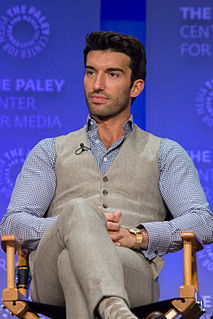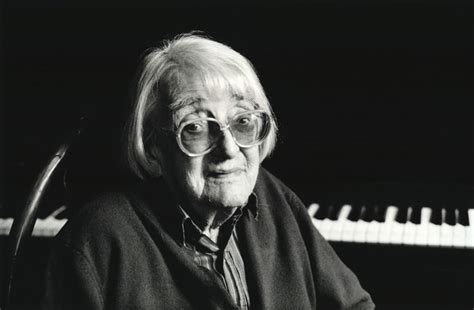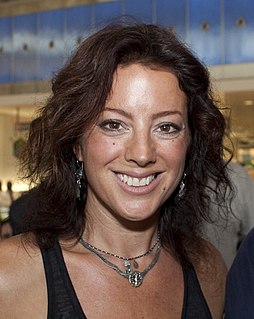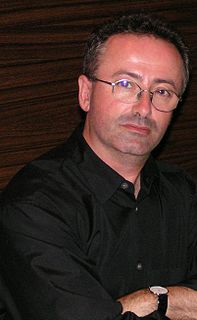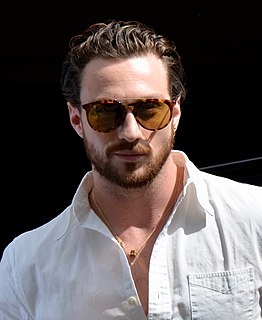A Quote by Philip Seymour Hoffman
My mother's a staunch feminist, so I grew up with very strong feminist messages. As a result, I battled her in my teenage years because my image of being a man was a deformed one.
Related Quotes
I am a feminist - I just think the label reflects my beliefs - but, you know, we say 'Rookie' is a website for teenage girls, not a feminist website for teenage girls. That's not because I'm not proud to call myself a feminist, but when you're calling attention to a project, you can very easily be pigeonholed by choosing certain identifiers.
A lot of women seem to have a similar attitude, - 'I'm not a feminist' - and it gets wearying. What's wrong with being a feminist? I'm proud to be a feminist. It's been one of the most positive things in my life. It's one of the best traditions there is. It's admirable to be a feminist and to stand up for one's sex, to fight against inequality and injustice and to work for a better society.
I grew up in a world where authority was female. I never thought to call myself a feminist because of branding. I had this skewed idea of feminist: I thought it meant being a woman who hates men. When I read Chimamanda Ngozi Adichie's We Should All Be Feminists, I was like, "Oh, this is what my mom taught me. This is simple. I don't understand why everybody is not this."
I think I was a feminist before the word was invented. By the time I came across feminist books by American or European writers, I realised that there was an articulate way or a language to express all these feelings that I had had for years and years and so I became a raging feminist as a young woman.
I was always a feminist. My mother was a feminist; my grandmother was a feminist. I always understood women had to fight very hard to do what they wanted to do in the world - that it wasn't an easy choice. But I think the most important part is that we all want the right to be taken seriously as human beings, and to use our talents without reservation, and that's still not possible for women.
We think of a feminist as someone a woman becomes in reaction to personal indignities and social injustices. But the truth is, such inequities only awaken her to the feminist she has always fundamentally been - that is, a person who understands that her first responsibility is to her own humanity. That's why, for my money, the first known use of the word 'feminist' is still the best, appearing in an 1895 book review: a woman who 'has in her the capacity of fighting her way back to independence.


